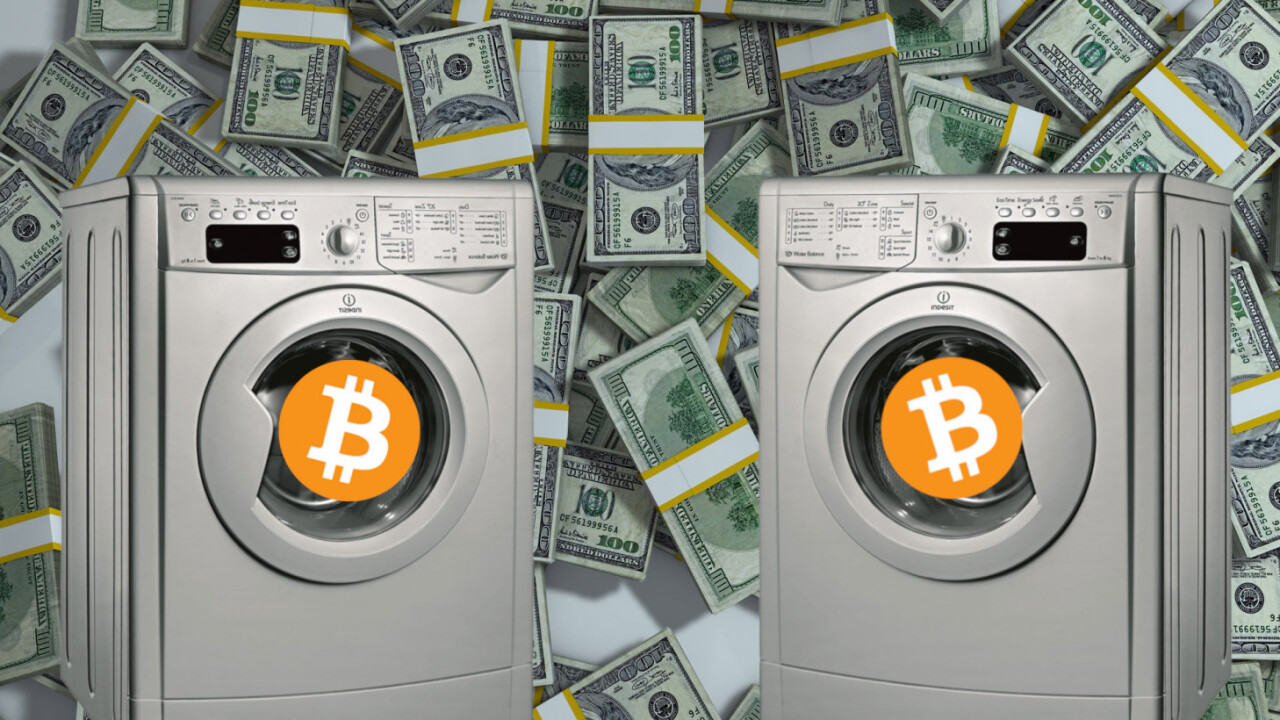
New data shows criminals have laundered $2.5 billion worth dirty Bitcoin through cryptocurrency exchanges, and almost all of it ends up in countries with lax Anti-Money-Laundering (AML) regulations.
Cryptocurrency research group CipherTrace conducted an analysis of 45 million transactions from the top 20 cryptocurrency exchanges globally in order to find out the prevalence of Bitcoin’s use for criminal purposes.
The data, which spans from January 2009 to September 2018, indicates 97 percent of the Bitcoin laundered through top exchanges ends up in countries with lenient AML regulations.

CiperTrace deemed transactions to be of criminal nature if they came directly from, or with close connection to, sources such as “dark market sites, extortion, malware, mixer/tumbler/money laundering, ransomware, and terrorist financing services.”
Laundering BTC is easy on unregulated exchanges
CipherTrace found criminals have laundered approximately 380,000 BTC ($2.5 billion), and 97 percent of the Bitcoin criminals send for laundering is to unregulated cryptocurrency exchanges.
In fact, exchanges in countries where there is little-to-no AML regulations receive 36 times more Bitcoin from sketchy individuals or groups.

Considering how easy it is to access unregulated exchanges – some of them are the biggest in the world – it also makes sense that 95 percent of outgoing payments to criminals come from those exchanges.
CipherTrace notes governments can curb the rampant Bitcoin-related money laundering by enacting and enforcing more cryptocurrency AML regulations over the next two years.
We can already see governments making regulatory moves: Japanese regulators have already made local exchanges establish rigid identification processes in order to continue trading.
Similarly, major cryptocurrency exchange service ShapeShift is now forcing users to provide identification to remain compliant with new government rules.
In fact, rival exchange service Changelly directly indicated the anonymity-focused altcoin Monero (XMR) was responsible for its new AML rules – even admitting to having the power to seize XMR in order to verify it has no connection to criminals before processing.
Hackers steal almost $1B in cryptocurrency this year
The report also noted that in the first three quarters of this year, hackers have stolen $927 million worth of cryptocurrency – with $166 million taken in the past three months alone.
Already, cryptocurrency thefts are up a whopping 350 percent over last year.

“Criminals will need to quickly launder these stolen tokens before stronger cryptocurrency anti-money laundering controls are deployed globally over the next 18 months,” the report warns.
The record numbers are (in part) thanks to a slew of new, effective cryptocurrency crime threats. CipherTrace has seen a marked increase in highly targeted mass cyber extortions, SIM swapping, and advanced cyberattacks on exchange personnel.
CipherTrace declares if this trend continues, hackers will have stolen at least $1 billion in cryptocurrency by the end of the year.
Craving more blockchain? Join us at Hard Fork Decentralized, our three-day event in London. We’ll discuss the industry’s future together. You can now register on our website!
Get the TNW newsletter
Get the most important tech news in your inbox each week.





